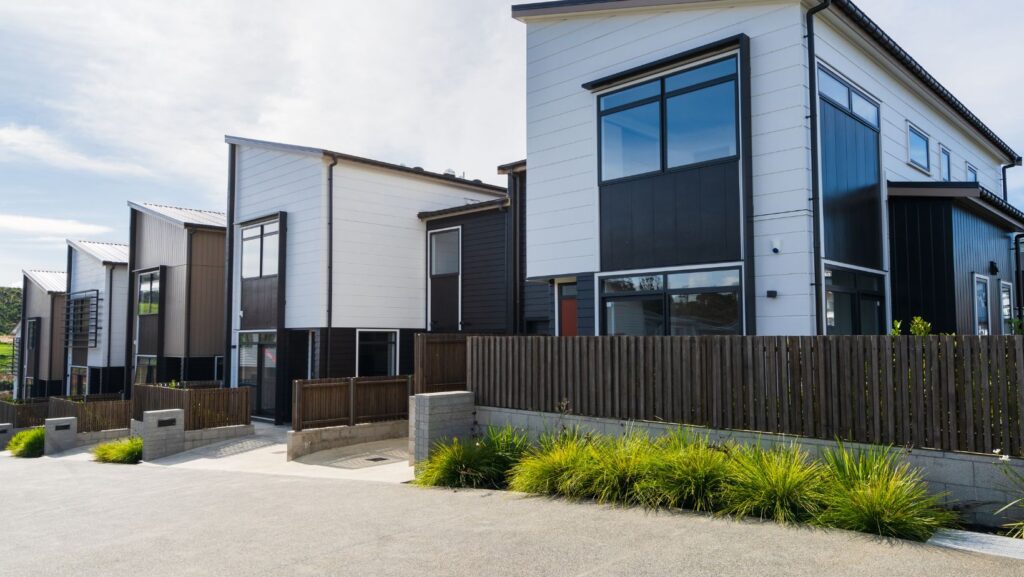Dubai’s rental market continues to evolve under updated rent control regulations that shape how property owners manage their investments. These rules define how rent adjustments, contract renewals, and tenant relationships operate within the city’s property framework. Understanding these regulations helps property owners protect their income and maintain compliance with current laws.
As the 2025 updates take effect, landlords face new expectations related to rent caps, tenancy registration, and eviction procedures. The changes aim to balance fair returns for owners with stable housing options for tenants. By staying informed, property owners can navigate these updates with confidence and avoid disputes that may affect long-term returns.
Updated Rent Cap Limits Under Dubai Rent Control Laws 2025
Dubai’s 2025 rent control laws set clear limits on how much landlords can raise rent each year. The Real Estate Regulatory Agency (RERA) updated its rental index to guide these increases based on property type, area, and current market value. This helps balance fairness between landlords and tenants.
Under the new rules, rent increases depend on how far the current rent falls below the average market rate. If the rent already matches market levels, no increase is allowed. Landlords must also give at least 90 days’ notice before any change takes effect.
These caps aim to prevent sudden rent hikes and create stability in the housing market. They also encourage property owners to follow proper registration and documentation through Ejari to avoid disputes.
For owners who lease short-term units, Deluxe Holiday Homes, can handle your vacation property in Dubai with full management services that align with current rental laws and help maintain steady returns.
Mandatory Ejari Registration For All Tenancy Contracts
Every rental contract in Dubai must be registered through the Ejari system. This online platform, managed by the real estate authority, records tenancy details in a government database. The rule applies to all types of properties, including apartments, villas, and commercial units.

Ejari registration makes a lease legally valid. Without it, a tenant or landlord cannot use the contract for official purposes, such as setting up utility accounts or resolving disputes. Therefore, both parties must complete registration soon after signing the lease.
The process requires basic documents such as the tenancy contract, Emirates ID, and title deed. Once approved, the system issues a unique Ejari certificate that confirms the registration.
This rule helps prevent conflicts over rent payments or lease terms. It also allows authorities to monitor rental activity and apply rent control regulations fairly across the city.
New Eviction Rules Protecting Tenant Rights And Landlord Interests
Recent updates to eviction rules in Dubai aim to create a fair balance between tenant security and landlord rights. These rules help reduce disputes and promote smoother rental relationships. Authorities now expect both parties to follow clear procedures before a tenant must leave a property.
Landlords must give proper notice and valid reasons before ending a lease. For example, they may end a contract if they plan to sell or personally use the property. However, they must provide proof and respect the notice period set by law.
Tenants also gain stronger protection against sudden or unjust eviction. They can challenge an eviction notice if it lacks legal grounds or proper documentation. This process helps prevent misuse of power and supports housing stability.
These measures encourage transparency in the rental market. Both sides benefit from clear rules that define their rights and responsibilities, which helps maintain trust and fairness in property dealings.
Dispute Resolution Mechanisms Via RERA For Rental Conflicts
The Real Estate Regulatory Agency (RERA) oversees rental relationships to keep them fair and transparent. It works through the Rental Disputes Centre (RDC), which acts as a judicial body that handles disagreements between landlords and tenants. This system helps both parties resolve issues without unnecessary delays.
The RDC accepts cases involving unpaid rent, maintenance issues, or violations of lease terms. Parties can file a complaint online or in person after paying a small fee. The center then reviews the evidence and schedules a hearing to reach a decision.
Conciliation often takes place before a formal hearing. This step allows both sides to reach an agreement through discussion rather than a full legal process. If no agreement occurs, the case proceeds to a judgment that both parties must follow.
These procedures give property owners and tenants a clear path to settle disputes under Dubai’s rental laws.
Guidelines On Permissible Rent Increase Frequencies
Dubai’s rental regulations set clear limits on how often a landlord may raise rent. The law allows an increase only after the current lease term ends, and only if the rent meets the criteria under the official rent index. This rule helps keep rent adjustments predictable and fair for both parties.
A landlord must give tenants proper written notice before any increase. The notice period usually extends to 90 days before the lease renewal date. Without this notice, the landlord cannot apply a new rate.
Authorities update the rent index regularly to reflect market conditions. Therefore, landlords should check the latest index before deciding on an increase. Tenants can also use the same index to confirm if the proposed rise follows the law.
Frequent or unapproved rent hikes violate the regulations. Both landlords and tenants benefit from following the set timelines, as this supports transparency and reduces disputes over rent changes.
Conclusion
Dubai’s rent control regulations aim to create balance between landlords and tenants. They help maintain fair rent levels and reduce disputes over increases or contract terms.

Property owners must stay aware of current rent caps, renewal rules, and registration duties under the tenancy laws. These steps protect their investments and keep them compliant with legal standards.
Clear records, timely Ejari registration, and transparent communication with tenants support smoother rental management. As a result, both parties benefit from greater stability and trust in the property market.




